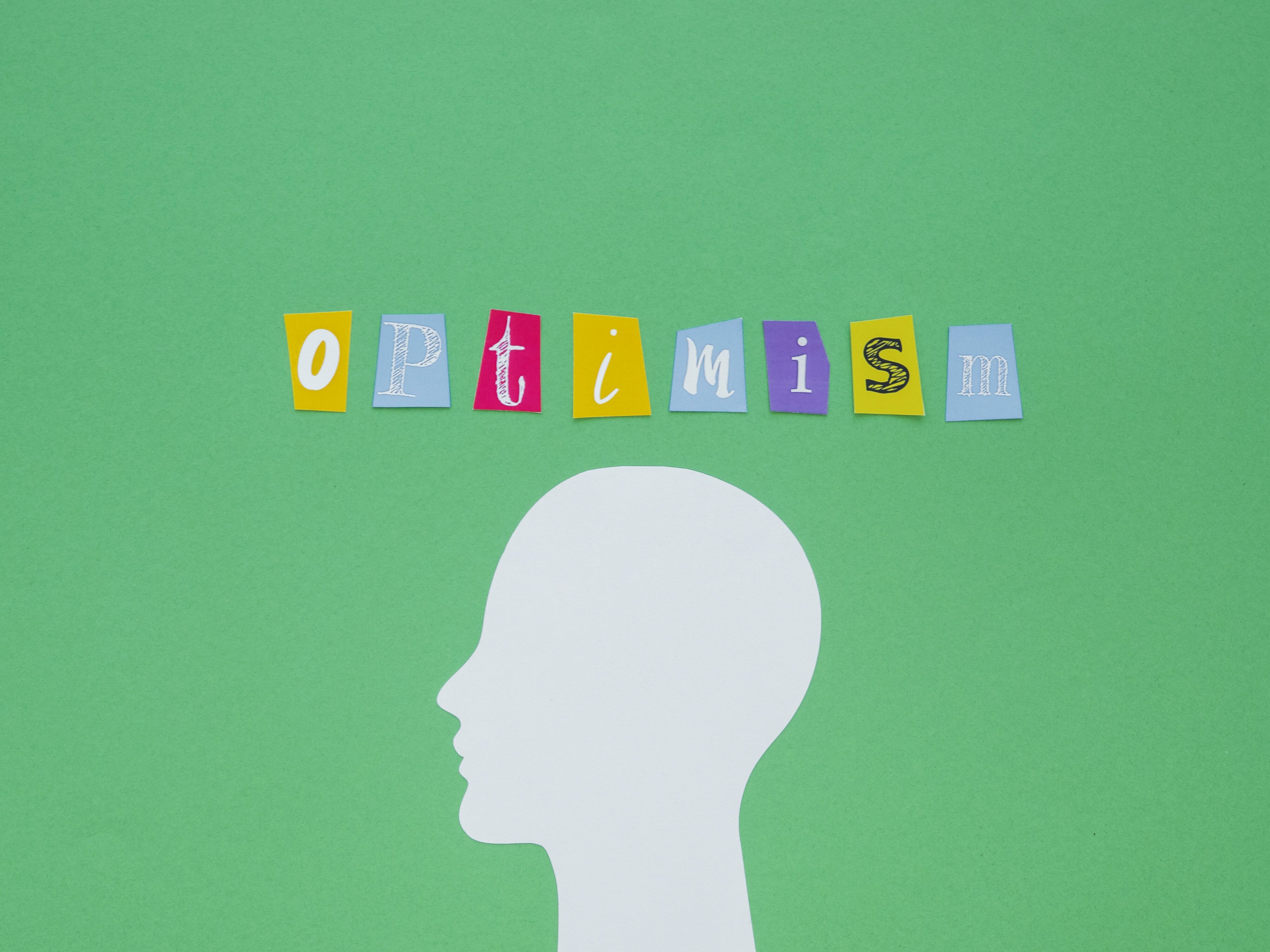It’s fair to say that for most businesses, 2023 has been a year of evaluation and re-evaluation. The global operating environment continues to change at pace, with energy prices, supply chain disruption, and inflation keeping organisations on their toes.
On the whole, this has made the business community stronger, more adaptable, and more efficient. We’re all better at determining what delivers value and leaving behind anything that doesn’t.
Both consumers and businesses will approach 2024 with caution, but I hope the new year can bring some cautious optimism. Sometimes it’s the greatest challenges that produce the most important change. That’s certainly the case with the progress being made towards the low carbon, circular transition, which thankfully is also intensifying, both because of and despite economic stressors.
That alone should give us cause for hope. So, how do we keep up the momentum and what opportunities might lie ahead over the next 12 months?
Geopolitical uncertainties fuel a shift to clean energy
Conflict in Russia and the Middle East has caused devastation for millions of people who live the daily realities of war. It’s heart breaking to see the ongoing impact on human lives.
These conflicts have also had a significant influence on global fuel prices and placed more emphasis and urgency on the transition to alternative energy sources. Energy resilience and autonomy is now a top priority for governments, including the EU, which has ramped up efforts to secure supply.
Today, the energy transition is not only an ecological imperative but also an economic one, which despite the circumstances, can only be good for progress.The demand for clean energy infrastructure is increasing, with financed volumes for energy-generating equipment reaching €1 billion last year, according to recent data from Leaseurope.
The leasing sector will have an important and growing role in enabling the adoption of clean energy tech and infrastructure by ensuring it is an accessible and sustainable alternative to the status quo. This will require flexibility and innovation from lessors who will need to find solutions to finance new asset classes and offer customers value-add services as part of these deals, aiding the shift away from traditional cash ownership towards a service-based, circular approach to asset management.
As producer responsibility solidifies, the secondary market will flourish
Producer responsibility is another ever-present theme in EU regulation, with manufacturers being asked to “take care” of their products long after they leave the factory. This regulatory burden may put new pressure on manufacturers to be responsible for the end-of-life of their products, but it also has a whole host of benefits. Not least of these is that it has promoted a shift towards product-as-a-service (PaaS) models, which inherently draw on the principles of the circular economy, a key component of the sustainable transition.
When a manufacturer retains ownership of its product throughout the entire lifecycle, it can gain a much deeper understanding of its component parts, likely wear and tear, and the residual value of used goods. Shifting to a service-based approach also allows producers to develop new revenue streams, by offering customers valuable services at different stages of the lifecycle – from digital asset management to data insights to sustainable and secure asset disposal.
As a result, we’re seeing a growing interest from vendors seeking to secure assets at the end of their first useful life and aiming to build a strong stock base of used products. This allows manufacturers to respond to the increased client demand for used or refurbished assets to form a mandatory percentage of bids as part of ESG-aligned procurement processes, regulatory compliance, and budget considerations.
Leasing companies can play a significant role in the development of PaaS models by creatively collaborating with vendor partners to ensure asset responsibility is retained throughout the lifecycle, related services that promote reuse are integrated into the product offer, and customers are supported to adopt the principles of the circular economy across their operations.
A digital transition is also underway as organisations manage costs
Technology has been another key theme in 2023, and despite the ongoing global uncertainty, this year has seen a resilient demand for business equipment, particularly for investments that are core to business operations.
Rightly, businesses are making strategic decisions based on how critical investments are to growth, with technology a clear driver of both efficiency and competitiveness.
In 2024, progress with artificial intelligence (AI) will undoubtedly continue. For the leasing sector, it has exciting potential to improve customer experience by speeding up transactions like credit approvals and making services like fraud detection more reliable and consistent.
Leasing can also support customers to accelerate digitalisation, reducing upfront costs and allowing them to take advantage of the application of the technology. These days transitions come in many guises, but the digital transition will be crucial in supporting organisation to grow sustainably.
Time and time again, we see the leasing industry playing a key role as an enabler, supporting businesses to future-proof their operations and contribute to a better tomorrow.
We have a huge opportunity ahead of us to do more and I think that calls for a healthy dose of cautious optimism.

Isabelle Loc, Chief Executive Officer, BNP Paribas Leasing Solutions
 We are committed to your business growth.
We are committed to your business growth.
Our competitive finance solutions can help you capitalise on new opportunities. Contact us today to discuss your needs with a member of our team.




